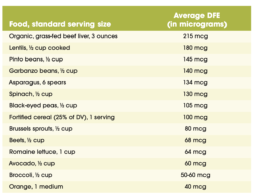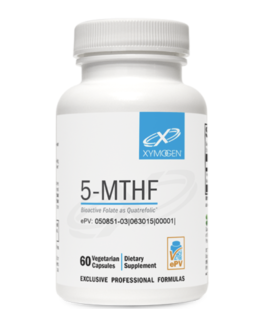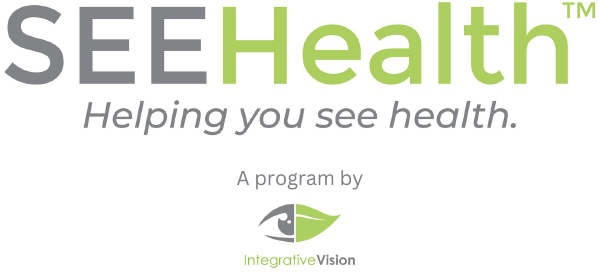B Vitamins and the Eyes — so what’s the deal here?
B vitamins play a vital role in maintaining good health and well-being. As the building blocks of a healthy body, B vitamins have a direct impact on your energy levels, brain function, and cell metabolism.
Vitamin B complex helps prevent infections and helps support or promote overall body wellness and health through:
cell health
growth of red blood cells
energy levels
good eyesight
healthy brain function
good digestion
healthy appetite
proper nerve function
hormones and cholesterol production
cardiovascular health
muscle tone
Also check out our Vitamin C review in terms of eye health. We use the S3 scanner to measure your antioxidant levels in your body by simply using your palm!
Vitamin B9 — Folate / Folic Acid

Folate is a water-soluble B vitamin that occurs naturally in food. Folic acid is the synthetic form of folate that is found in some supplements and most fortified foods. Leafy green vegetables (e.g., spinach and kale), citrus fruits, and legumes are all natural sources of folate.
Folate helps the body produce and maintain new cells.This is especially important during periods of rapid growth and cell division, such as infancy and pregnancy.1 Folate is needed to make new DNA and also helps prevent damage to DNA that may lead to cancer. Both adults and children need folate to make normal red blood cells and prevent anemia. Folate is essential for the metabolism of homocysteine, an amino acid that in high amounts may contribute to heart disease, dementia, and depression.
The Recommended Dietary Allowance (RDA) for folate is expressed as dietary folate equivalents, or DFEs to reflect a higher bioavailability of folic acid compared to natural folate from food. Some individuals, like those with genetic variants in MTHFR, may respond better to natural folate versus folic acid. Talk to your Functional Medicine practitioner if you have questions or concerns about your folate intake.
Folate intake from Foods —

Folic Acid from Supplements —
B Vitamins and the Eyes — Let’s begin with Folate or Folic Acid. Folic Acid absorption is 35% higher than Folate. That’s not to say you shouldn’t be getting in the scrumptious nutrients from these foods above, but it does greatly help to incorporate a good supplement into your regimen.
There are a ton of great supplements of folic acid on the market. One of them we do recommend is 5-MTHF from Xymogen, provided as Quatrefolic, is the most biologically active form of the water-soluble B vitamin, folic acid. It is the preferred form of folate supplementation due to an array of conditions that can limit conversion or absorption of folic acid. Data indicate that supplementing with 5-MTHF increases plasma folate more effectively than folic acid.*

Vitamin B7 — Biotin

You may recognize vitamin B7 by its popular name of biotin. It is a water-soluble B vitamin found naturally in some foods and also in supplements. Biotin plays a vital role in assisting enzymes to break down fats, carbohydrates, and proteins in food. It also helps to regulate signals sent by cells and the activity of genes.
An RDA (Recommended Dietary Allowance) does not exist for biotin because there is not enough evidence to suggest a daily amount needed by most healthy people. Instead, there is an AI (Adequate Intake) level, which is assumed to ensure nutritional adequacy.
AI: The AI for biotin for men and women 19 years and older and for pregnant women is 30 micrograms daily. Lactating women need 35 micrograms daily.
UL: A Tolerable Upper Intake Level (UL) is the maximum daily dose unlikely to cause adverse side effects in the general population. There is no UL for biotin due to a lack of reports showing negative effects from very high intakes.
Biotin intake from Foods —
- Almonds
- carrots
- eggs
- liver
- oats
- onions
- peanuts
- salmon
- sweet potato
- tomatoes
- whole-grain cereals
- walnuts
Biotin from Supplements —
Biotin supplements are often glamorized as a treatment for hair loss and to promote healthy hair, skin, and nails. Although a deficiency of biotin can certainly lead to hair loss and skin or nail problems, evidence showing a benefit of supplementation is inconclusive.



